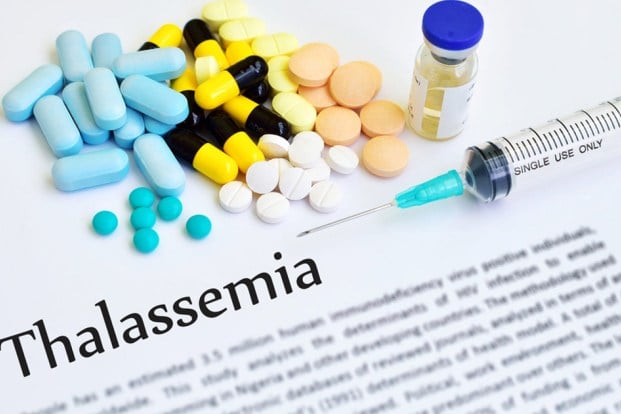Foods that are not good for Thalassemia patients
Apr 19, 2022
Nutrition and Thalassemia
Nutritional deficiencies have been common in the cases of thalassemia.
We recommend that the patients undergoing blood transfusion shall go for a diet which is low in iron. It is in the best interest of thalassemic patients to avoid iron-fortified food such as red meat, cereal, green leafy vegetables & foods that are rich in Vitamin C.

On the occasion of World Thalassemia Day, I,Dr Abdul Wahab, Consultant (Internal Medicine) at Paras Global Hospital, Darbhanga suggest a list of foods that a blood transfusion patient shall avoid:
1. Dates- Dates are generally recommended for individuals having lower counts of hemoglobin, iron content in red blood cells. Therefore, it shall be removed from the diet of a thalassemic patient.
2. Watermelon- The summer fruit, watermelon, is high in nutrients, mainly iron. The high level of Vitamin C enables our body to absorb the iron faster & more efficiently.
3. Green and leafy vegetables- Green & leafy vegetables such as kale, spinach, broccoli, cabbage are the iron-rich foods. They are on top of the ‘not-to-eat’ list of foods for a thalassemic patient.
4. Beans- Peas are all types of beans such as black-eyes peas, chickpeas, soybeans, kidney beans, etc. They contain the highest count of iron content.
5. Peanut butter- While peanut butter comprises of moderate count of iron, it shall still be avoided for everyday consumption. Combined with the consumption of meat, this can foster the iron content to grow.
6. Raisins- While raisins comprise of lesser count of Vitamin C, it comprises of high count of minerals, mainly iron. Therefore, it shall be avoided by the patients of thalassemia at all times.
7. Red meat- Iron tends to get conveniently absorbed in a meat-eater’s body as compared to a vegetarian. We recommend that a thalassemic patient shall avoid eating red meat such as pork, mutton and beef.








